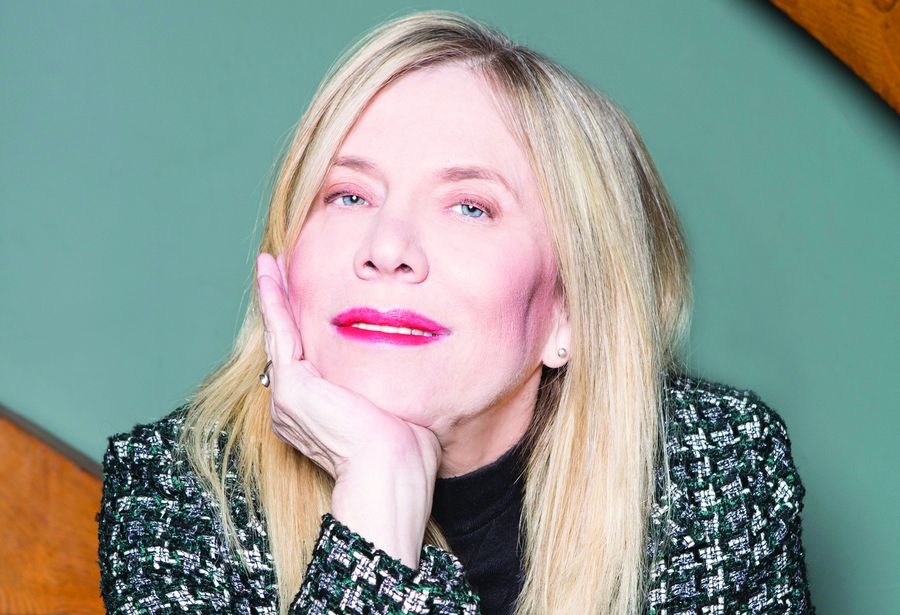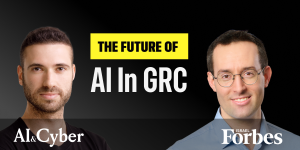It’s still unclear whether the coronavirus is behind us for good, but we can already state unequivocally that this has been one of the most unusual, unsettled, and challenging periods the world has known, at least in recent decades.
The rapid spread of the virus from country to country in today’s globally interconnected world has led many states to close their borders, halt economic activity, and order closures. These drastic measures were intended to save lives, but alongside the containment of the pandemic, they created waves of peripheral damage with far-reaching consequences for broad sectors of the population and for many businesses, from giant corporations to boutique stores.

This unprecedented situation posed multifaceted difficulties for many corporations and businesses—technical, operational, commercial, but also in terms of image. How do you maintain your connection with your employees and clients during a time of shutdowns and social distancing, and how do you communicate all that externally, in the right packaging that transmits the right message at this sensitive time?
However, as in almost all other situations, there is good with the bad, and opportunity can be found in each difficulty and crisis. It is such opportunities that Marian Salzman, Senior Vice President of Global Communications at Philip Morris International, focuses on. Salzman is considered one of the “most respected public relations directors in the world.”
As she sees it, every crisis—this one included, of course—holds a plan of action for the future—do’s and dont’s. If you ask Salzman, the most important lesson corona has taught us is “Expect the unexpected.” The growing (and justified) feeling is that many things that were common before the coronavirus will not stay that way. The global pandemic took us all by surprise, without advance preparation, and sharpened our understanding of just how little control we have over the future—and that’s not necessarily a bad thing. In her view, we have learned to expect the unexpected and we have internalized that we do not have total control over everything that happens.
People expect to see from companies and businesses what they see around them – shows of concern, compassion, caring, and a strengthening sense of community.
Everyone is courteous
Salzman, who has years of experience in the marketing and PR sector, served in her previous position as CEO of Havas PR North America, part of the international Havas corporation—one of the world’s largest advertising and public relations firms.
From her point of view, after many years of experience, the current crisis is in fact an excellent opportunity for a healthy reset—an opportunity to embrace renewed thinking that will lead us to a new era.
During the coronavirus period, there were a number of dominant patterns that repeated themselves in our human behavior—patterns of behavior that above all characterized the spirit of the times and that were reflected in reinforced feelings of community, compassion, and the camaraderie people showed each other. As it happens, from New York to Milan and even in Tel Aviv, these phenomena of showing empathy and mutual aid became part of the routine. According to Salzman, they aren’t as rare as they were in the past. She calls them “the new 4 Cs” – Compassion, Camaraderie, Civility, and Community.
So, what does this have to do with the images of companies, corporations, and brands? In Salzman’s view, these are precisely the values, norms, and code of conduct that people now expect to see from companies themselves.
This spirit is expressed not only through the relationships between people, but also in the relationships between people and businesses: people who pitched in voluntarily to help their neighborhoods on their own time, and also preferred to strengthen their links with local and community businesses and to buy only from them. During the corona crisis, even large corporations embraced values of involvement and reinforced their bonds with their employees, primarily by creating a sense of community at the workplace, enabling work-from-home options, and providing assistance to employees in many ways to make this difficult period easier.
According to Salzman, “People want to see that companies care about the health of their workers and customers, that they protect their workplaces, and that they preserve their employees’ salaries.” People expect to see from companies and businesses what they see around them: shows of concern, compassion, caring, and a strengthening sense of community. The expectation or demand from companies is to initiate activities that will show the strength of their commitment and the degree to which they work to protect people—their clients and their employees.
Creativity and courage
In the initial days of the pandemic, many companies felt the need to fill a communication vacuum that didn’t really exist. What do we need to do instead? Marian suggests talking less and doing more. Companies need to think of creating and personal ways to show that they support businesses that are finding it difficult to survive and people who have been left without employment.
One of the most successful examples is the LVMH fashion corporation, which won acclaim at the beginning of the corona crisis by converting three of its factories from the production of perfumes to the production of bottles of disinfectant and hygiene [products].
Speaking from personal experience, Salzman testifies that Phillip Morris, the corporation where she serves as head of marketing and public relations, has been working intensively since the outbreak with various initiatives in over 60 countries. For example, factories and laboratories have been used to produce disinfectant materials, masks, and face shields, essential products have been delivered to at-risk populations, and vital medical equipment has been donated.
Times of crisis are times for bold measures, summarizes Salzman, and if you need to boil it down into a few simple golden rules, she has three suggestions: Opt for actions over words, people over short-term profits, and vision over your personal interests.




